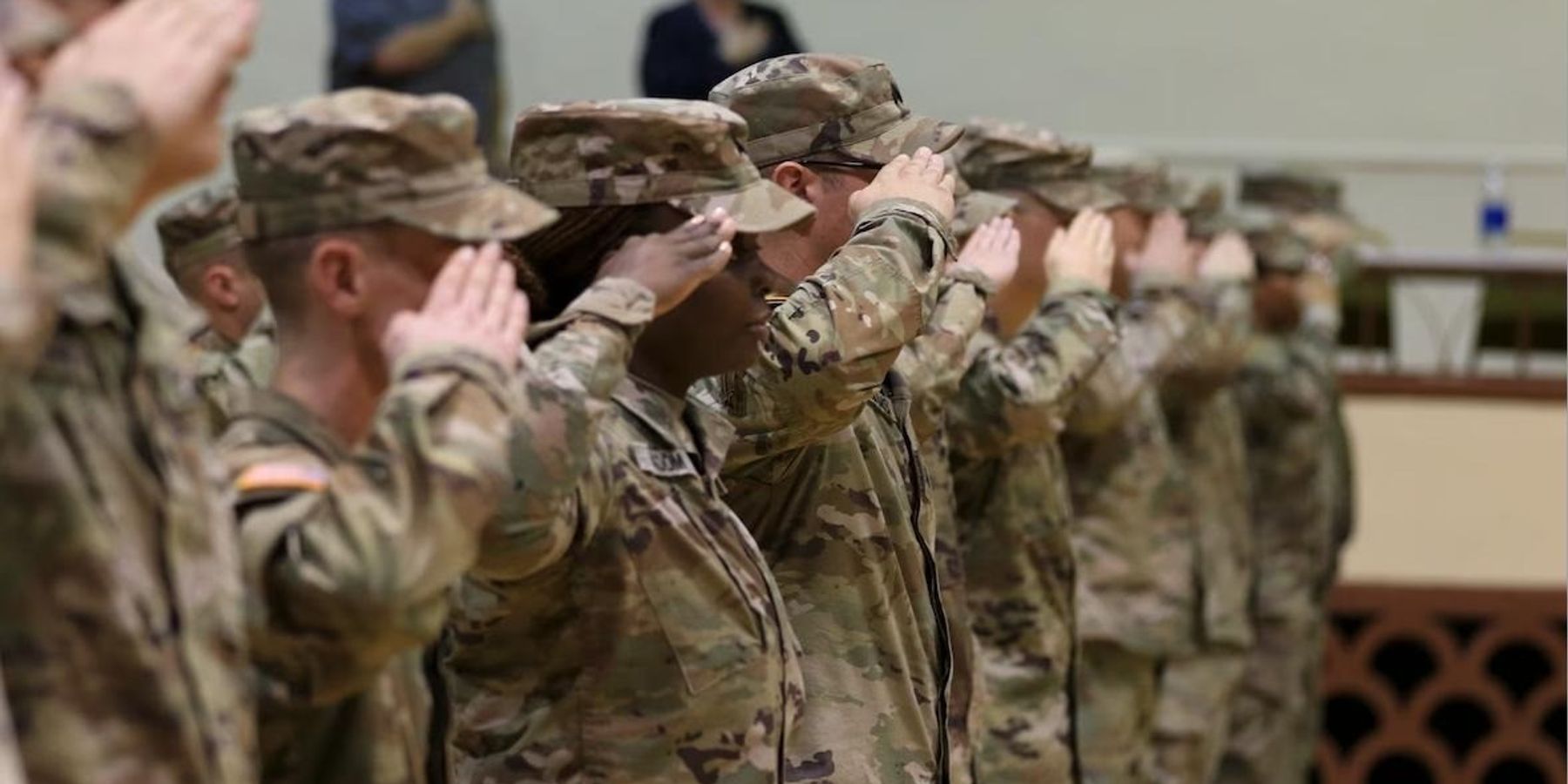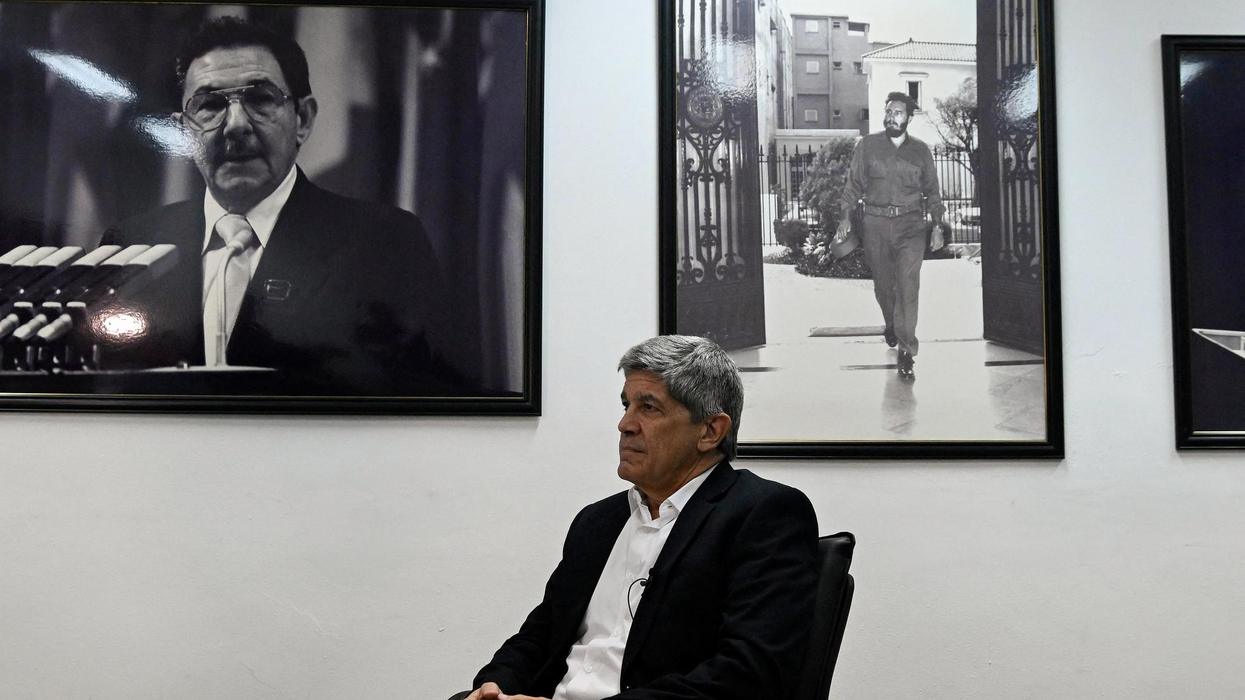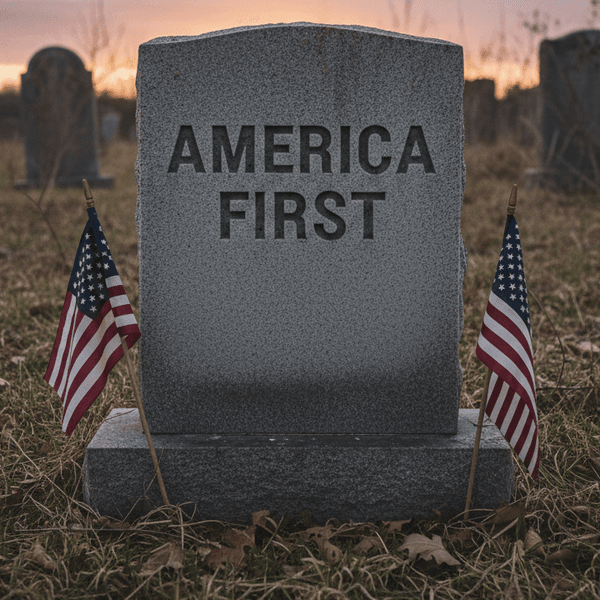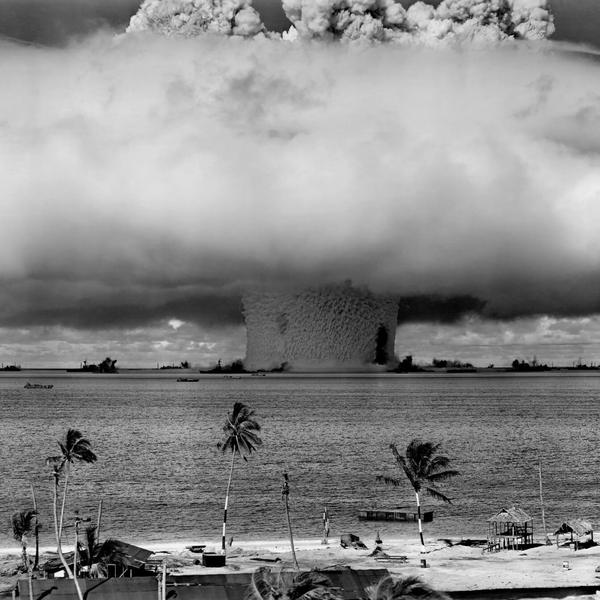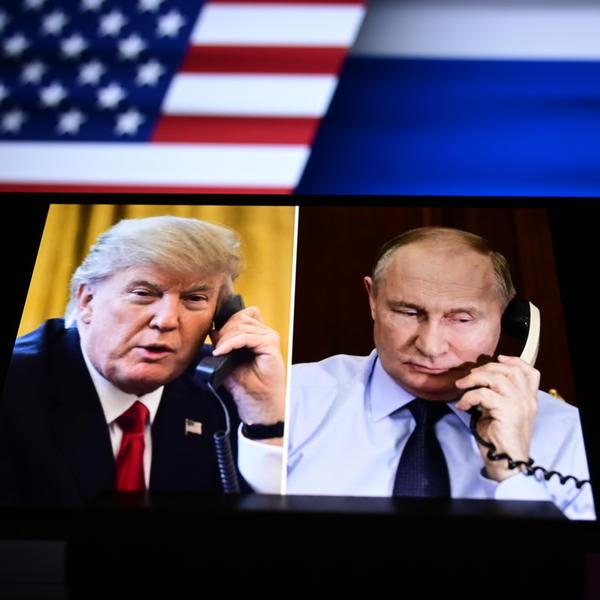Ronald Reagan vowed to get rid of Selective Service during his 1979 presidential campaign, saying that the military draft “rests on the assumption that your kids belong to the state.”
“That assumption isn’t a new one,” he said. “The Nazis thought it was a great idea.”
Selective Service, in which men aged 18-26 are mandated to register voluntarily, survived Reagan and remains in place to this day. Failure to register is considered a felony. According to Matt Welch at Reason, there have only been 14 convictions under this law and none since 1986, though some 100,000 men per year don't register and risk penalties like getting student loans, working a government job, or obtaining a driver's license, depending on where they reside.
Now, nearly 50 years after America’s last war of conscription in Vietnam, lawmakers are supporting legislation that sounds like they’re preparing for another full draft.
The 2025 National Defense Authorization Act (NDAA) that passed the House on Friday contained a measure that would register men automatically with Selective Service. Whereas for a half century young men were supposed to fill out the proper paperwork on their own time, now all men would automatically be in the Selective Service database when they turn 18.
Maybe congressional members will vote next to send these boys to Ukraine or Gaza? Not likely, since Congress has largely ceded warmaking authority to the Executive over the last 20 years. Are you comfortable with President Joe Biden or possibly Donald Trump making those life-and-death decisions about your son or male relative?
While it is a felony not to register currently, there is still a shred of the voluntary left. Automatically registering young men for what is essentially a draftee list rips the last veil away. And though there is no active conscription for war today, this would make it a lot easier for Uncle Sam to start it.
Denunciations over the amendment came quick. “Why and Where will we be sending our kids to war?” pleaded former Democratic Congressman and current House candidate Dennis Kucinich. “Does anyone hear the drums of war and see the erosion of our individual liberty?” he added.
“I will veto any legislation to reinstitute the draft,” vowed independent presidential candidate Robert F. Kennedy, Jr. To date, Biden or Trump haven’t commented.
The House effort was spearheaded by Democratic Congresswoman Chrissy Houlahan of Pennsylvania. Automatic registration was included in the House Armed Services Committee’s version of the NDAA that passed in May, advancing through the committee in a 57 to 1 vote.
According to Defense News, Houlahan said during a debate in May, "By using available federal databases, the [Selective Service] agency will be able to register all of the individuals required and thus help ensure that any future military draft is fair and equitable."
"This will also allow us to rededicate resources — basically that means money — towards reading readiness and towards mobilization … rather than towards education and advertising campaigns driven to register people."
Supporters believe automatic registration will cut down on bureaucratic red tape. It’s curious that members of Congress actually concerned about red tape in Washington would start by making it easier to reinstitute the draft.
Maybe forcing men off to foreign lands for unclear reasons where so many will not come back deserves deeper thought, deliberation, and yes, perhaps mountains of bureaucracy and red tape standing between human beings and war? Houlahan has raised the specter, so let's dust it off and take a look.
Of the 58,220 U.S. military members killed in Vietnam, 17,671 of them were draftees. That’s 30 percent. They had no choice in the matter.
When 2020 Democratic presidential candidate Pete Buttigieg was calling for mandatory national service five years ago, Cato’s Doug Bandow noted that “the military doesn’t want conscripts or short‐termers. The armed services learned during the Vietnam War that those who don’t want to be there tend to develop discipline problems…”
The Heritage Foundation’s James Jay Carafano said about the political practicality of another draft, “The lesson of Vietnam, and previous wars, is that drafts require political consensus. However, such consensus cannot be presumed before a conflict.”
Is there any semblance of a national consensus on America’s fueling of the Russia-Ukraine conflict?
Military drafts have existed in every American war through Vietnam when the last draftees were deployed in 1972. Both Bandow and Carafano cite that war and potential lessons learned for a good reason.
The year before the U.S. invaded Iraq in 2003, Brookings’ Bruce Chapman observed, “We eliminated the draft three decades ago in part because the armed services found that they needed relatively fewer recruits to serve longer than conscription provided. As the numbers that were needed shrank, the unfairness of the draft became ever more apparent-and offensive.”
“The government took advantage of its free supply of almost unlimited manpower by underpaying its servicemen, thereby losing many recruits who might have chosen a military career,” Chapman added, noting that conscripts can actually devalue the military in the eyes of men who otherwise might have made a career in it.
It’s safe to say that Rep. Houlahan has unlikely considered the many reasons a restoration of the military draft would be an awful idea.
It could be that she and other members of Congress who support the automatic Selective Service can't fathom why moving in this direction is bad on its face, and that's exactly why these people shouldn’t have any kind of power over the lives of America’s young boys and men. Especially this power.
Their lives should matter more than office efficiency.
- Why are Americans so unplugged from the wars in their own name? ›
- Will US troops be drawn into the Israel-Gaza war? ›
- A war draft today can't work. Let us count the ways. | Responsible Statecraft ›
- Summer of the draft: what govt and think tanks are planning and why | Responsible Statecraft ›
- Rep. Tom Massie: Washington purposely blacking out Ukraine casualty data | Responsible Statecraft ›

